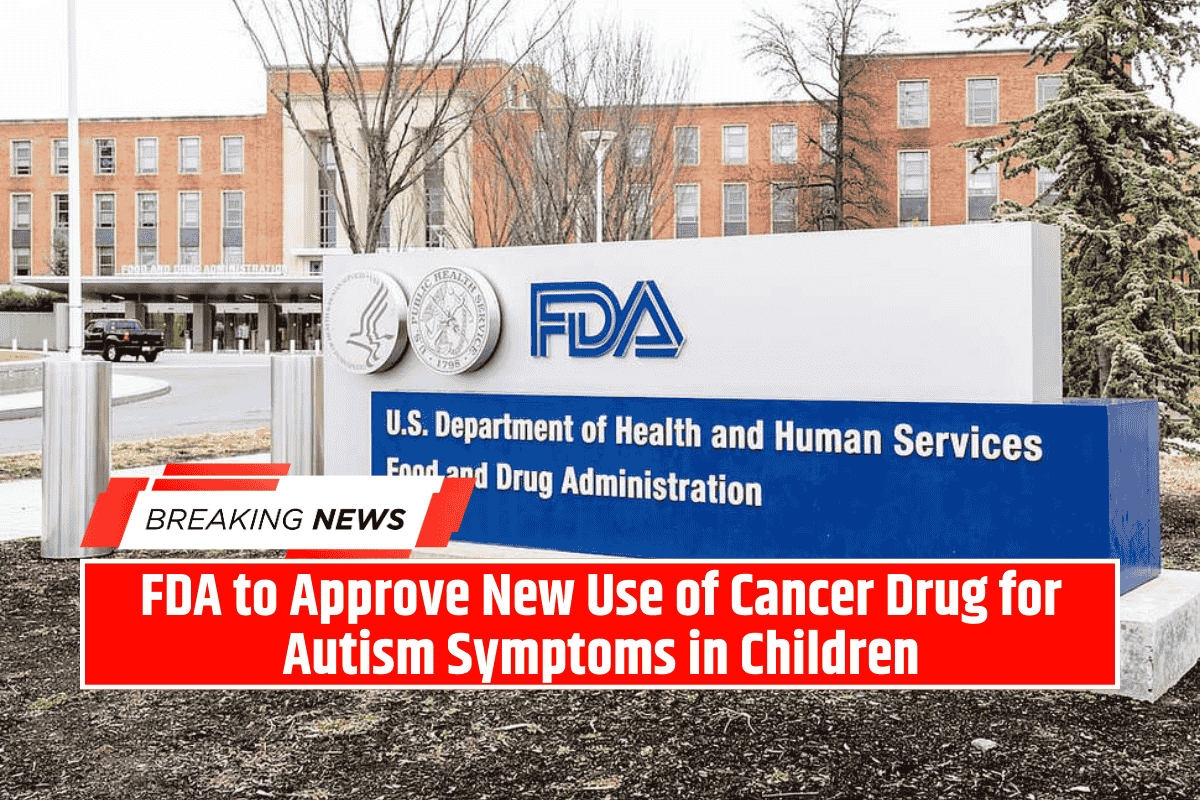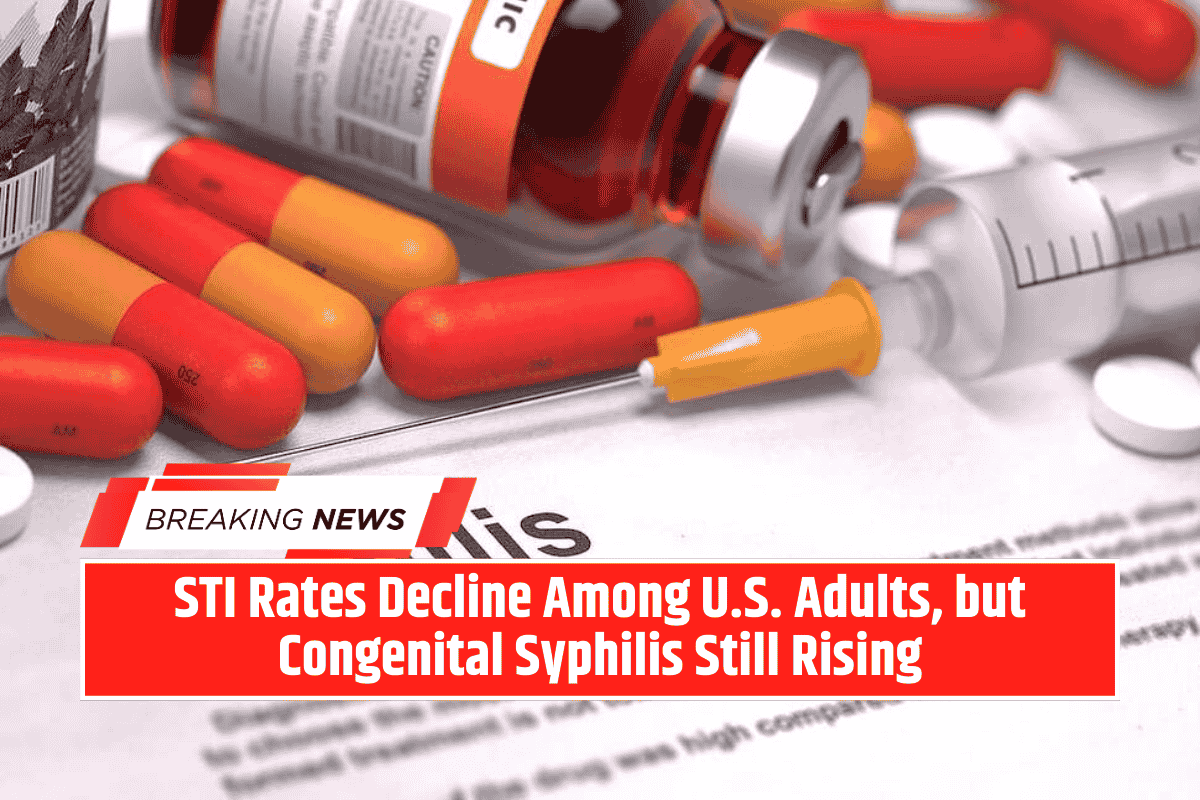The U.S. Food and Drug Administration (FDA) is preparing to approve leucovorin (folinic acid) — a decades-old cancer and anemia drug — for use in children with cerebral folate deficiency and autism-related symptoms.
The decision, expected in the coming weeks, would mark the first time the drug is formally cleared for this indication.
Potential Benefits for Children
Research suggests leucovorin may improve speech and verbal communication skills in some children with autism who also have folate deficiency. However, health officials emphasize the drug is not a cure for autism, but rather a targeted therapy that could help manage certain symptoms.
FDA Commissioner Dr. Marty Makary, NIH Director Dr. Jay Bhattacharya, and CMS head Dr. Mehmet Oz wrote in an opinion piece:
- The drug has shown promise in speech-related deficits.
- Coverage through Medicaid and CHIP will be required once the FDA label is updated, ensuring access for more than half of U.S. children.
Expert Caution: Limited Data
While results so far are encouraging, scientists warn that research on leucovorin remains limited. More studies are needed to confirm its safety and effectiveness across broader groups of children.
Ongoing Debate Over Tylenol Use in Pregnancy
In the same commentary, Makary, Bhattacharya, and Oz also advised pregnant women to use acetaminophen (Tylenol/paracetamol) carefully, noting that studies suggest possible associations with autism and ADHD but do not prove causation.
- Dr. Peter Bernstein of Mount Sinai emphasized that untreated fever poses more risk to pregnancy than acetaminophen use.
- On Monday, the U.K.’s Medicines and Healthcare products Regulatory Agency (MHRA) reaffirmed acetaminophen’s safety during pregnancy, stating there is no evidence it causes autism and that it remains the recommended pain relief option when used as directed.
Looking Ahead
If approved, leucovorin could become an important treatment option for children with autism-related folate deficiencies, while also sparking renewed research into metabolic pathways linked to autism.
Families and clinicians, however, are urged to temper expectations and view the drug as a supportive therapy, not a cure.









